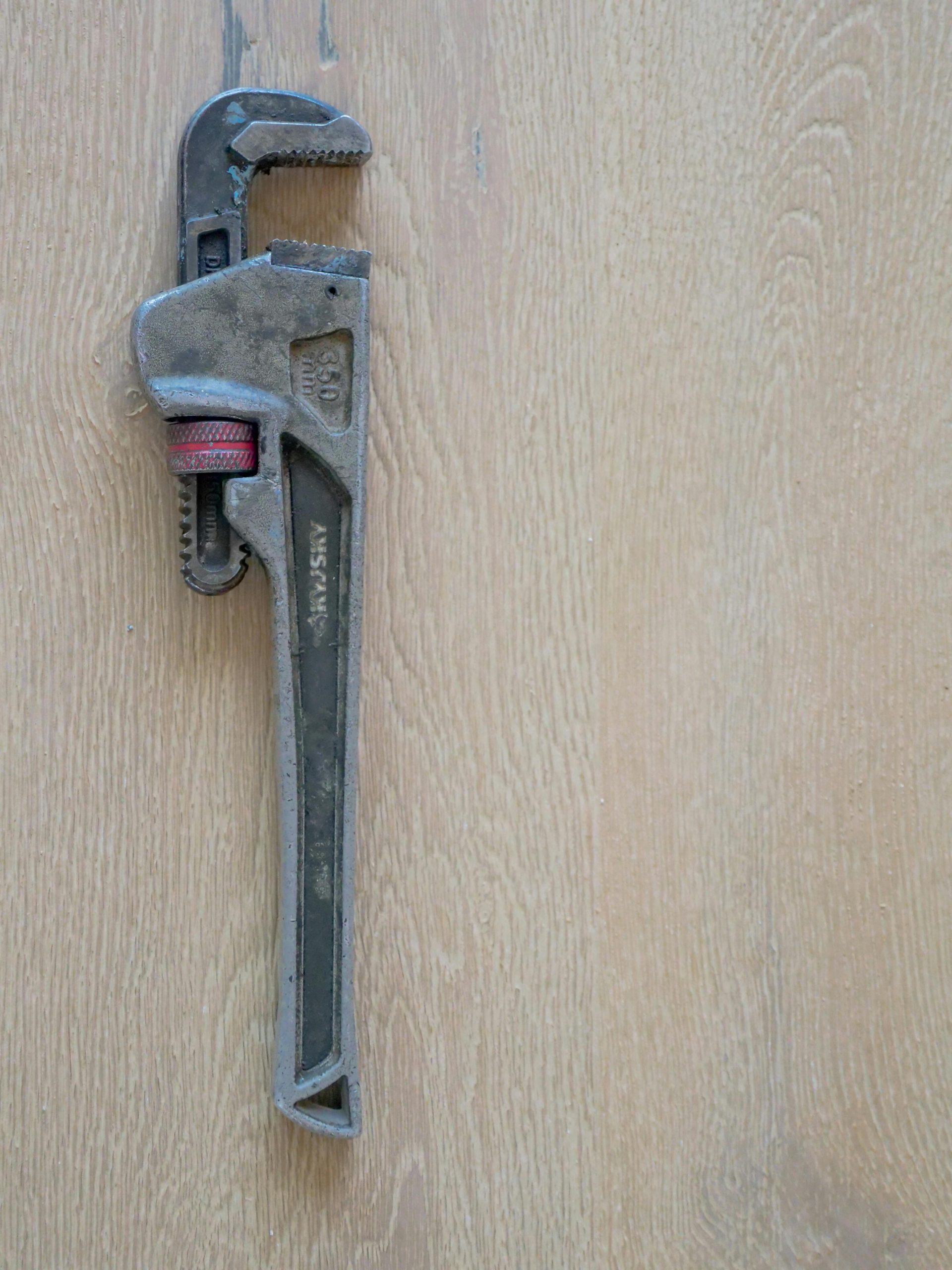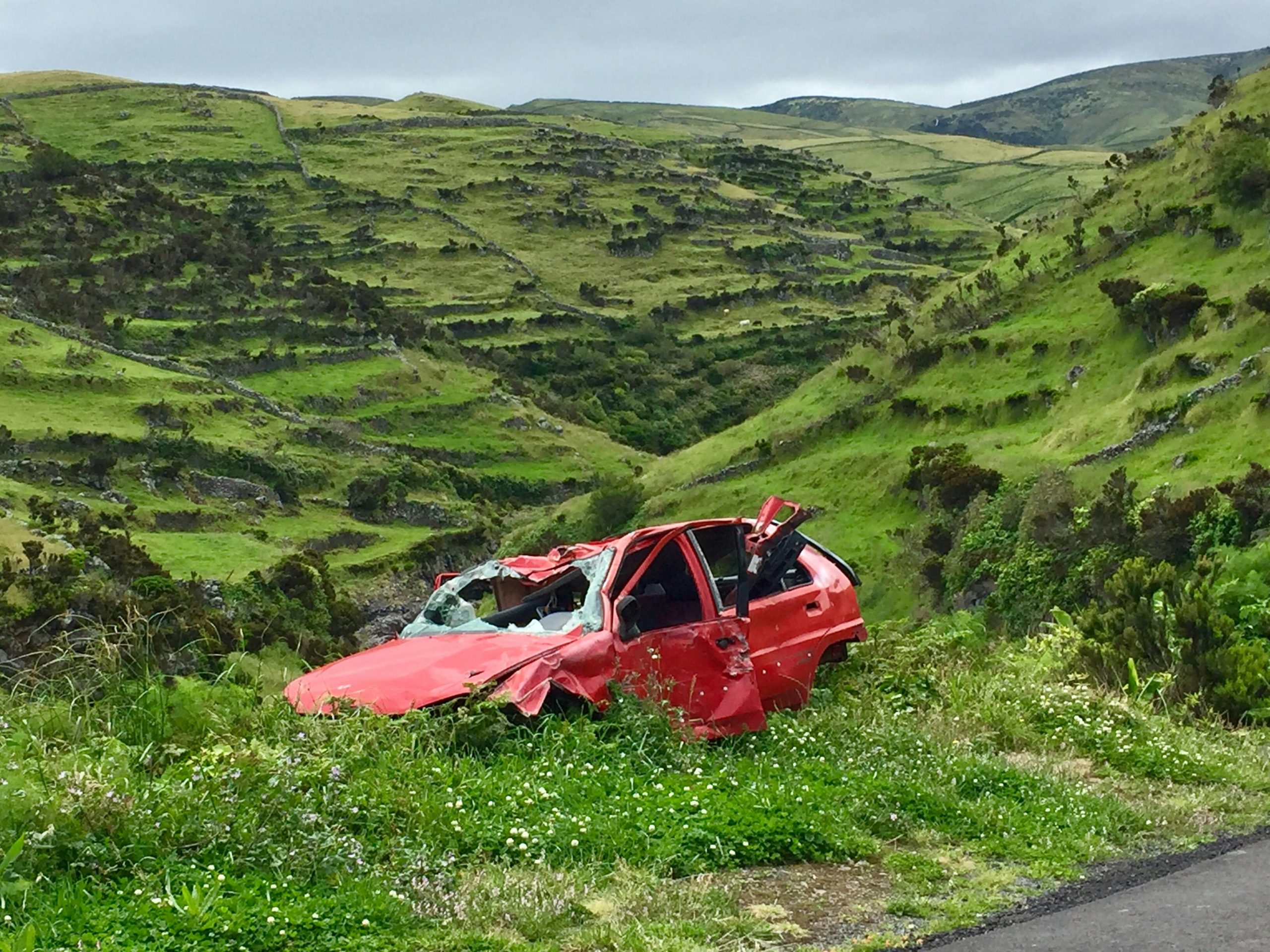Navigating a Minor Collision with an Uninsured Driver: What You Need to Know
In today’s world, being involved in a vehicle collision can be a stressful experience, especially when the other party involved has no valid insurance or license. If you find yourself in such a situation, you may be wondering how to proceed, particularly if the damages seem minor. Here’s a breakdown of a hypothetical scenario that illustrates some considerations and steps you might take.
Imagine driving along when suddenly, you’re rear-ended by another vehicle. Upon assessing the situation, you realize the driver is unlicensed and uninsured but wants to settle the matter privately. What should you do? Here are some things to keep in mind.
Assessing the Situation
First and foremost, it’s essential to evaluate any damages. In this hypothetical case, the rear bumper has been scratched, but luckily, the damage is minimal. However, it’s still crucial to document everything. Take clear photos of the damage to your vehicle, the license plate of the other car, and even the faces of the driver and any passengers, if possible. This can serve as vital evidence should you need to escalate the matter later.
Communicating with the Other Driver
The other driver has requested to settle outside of insurance channels. While this might seem tempting, it’s essential to tread carefully. Before agreeing, ensure all your documentation is complete. If you have their phone number and a photo ID of any passengers, keep this information handy.
Questions to Consider
You may have several questions during this process:
-
Claim Submission Timeline: Before finalizing any private settlement, it’s wise to consider the intricacies of your insurance policy. If you’re unable to get a repair quote right away (as body shops may be closed), think about notifying your insurance provider. In most cases, you can inform them of the accident without triggering a claim, which allows you some leeway while you assess your options with the other party.
-
Collision Deductible Waiver: You might be eligible for a waiver on your collision deductible due to the other driver being uninsured. It’s worth reaching out to your insurance provider for clarification on their specific policies and your entitlements.
-
Impact on Premiums: Lastly, consider the potential effect on your insurance premiums. Regardless of fault, filing a claim can sometimes lead to increases in your rates. Even if your evidence clearly establishes that the other driver is at fault, discussing this with your insurer can



